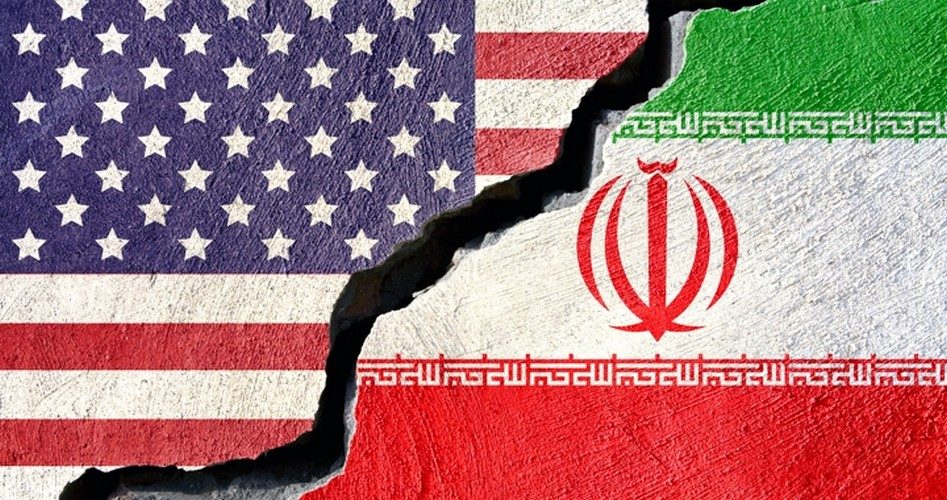
The U.S. decision to deploy the USS Abraham Lincoln and its carrier strike group to the Persian Gulf to counter perceived threats against U.S. interests by Iran or Iranian-backed forces has led to a mixed bag of verbal exchanges between Trump and Iran. Some of these statements have been threatening, while others have been more conciliatory.
Britain’s Guardian newspaper reported on May 16 that the threat level had been raised three weeks earlier, when Qassem Suleimani, the leader of Iran’s powerful Quds force, summoned the leaders of Iraq’s Popular Mobilization Units (PMUs) to a meeting in Baghdad, telling them to “prepare for proxy war.”
Just three days after that report, Iraqi military spokesman Brigadier General Yahya Rasoul told AP that a rocket had crashed in Baghdad’s heavily fortified Green Zone, landing less than a mile from the U.S. Embassy. The Iraqi military is investigating the incident but the rocket was believed to have been fired from east Baghdad, an area that is home to Iran-backed Shiite militias.
The U.S. State Department has ordered all non-essential, non-emergency government staff to leave Iraq.
On May 19, Major General Hossein Salami, the commander of Iran’s elite Revolutionary Guards, insisted that Iran is not seeking war, yet taunted Americans in an insulting manner.
“The difference between us and [the Americans] is that they are afraid of war and don’t have the will for it,” Salami was quoted by Iran’s Fars news agency.
“The U.S. political system is full of cracks,” Salami said. “Though impressive-looking, it has osteoporosis. In fact, America’s story is like the World Trade Center towers that collapse with a sudden blow.”
Reuters on May 17 cited a statement by Mohammad Saleh Jokar, the Revolutionary Guards’ deputy for parliamentary affairs, that Iran’s short-range missiles could reach U.S. warships in the Persian Gulf.
“Even our short-range missiles can easily reach [U.S.] warships in the Persian Gulf,” said Saleh Jokar.
“America cannot afford the costs of a new war, and the country is in a bad situation in terms of manpower and social conditions,” he added.
CNBC reported that the Trump administration labeled Iran’s Islamic Revolutionary Guard Corps (IRGC) a terrorist organization in April, making it the first military institution of a foreign government to receive that designation.
In contrast to Salami’s rhetoric, Iranian Foreign Minister Javad Zarif has taken a more moderate tone, and during meetings with foreign leaders dismissed the potential for war. “There will be no war because neither do we want a war, nor has anyone the idea or illusion it can confront Iran in the region,” Zarif told local media on May 19.
The CNBC report noted that reports have indicated that there is internal division in the White House, and have described national security advisor John Bolton as eager for war while Trump remains reluctant.
True to form, Trump tweeted on May 19 that war between Washington and Tehran would result in “the official end of Iran” and warned, “Never threaten the United States again!”
Image: Jorge Villalba
Related articles:
Administration Hawks Led by John Bolton Create Anti-Iran Military Plan
Iranian Military Leader Says U.S. Deployment of Carrier Group Makes It “a Target”
President Trump Beats War Drums for Iran
Are All the World’s Problems Ours?
Mike Pompeo vs. Rand Paul on the President’s Presumed War Powers


